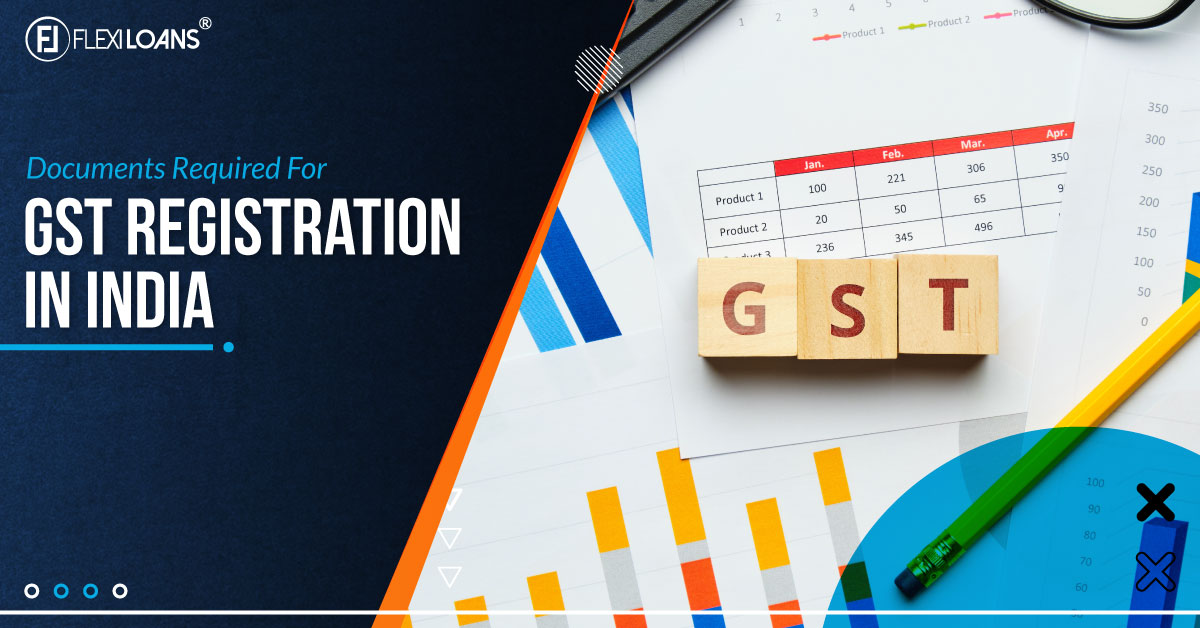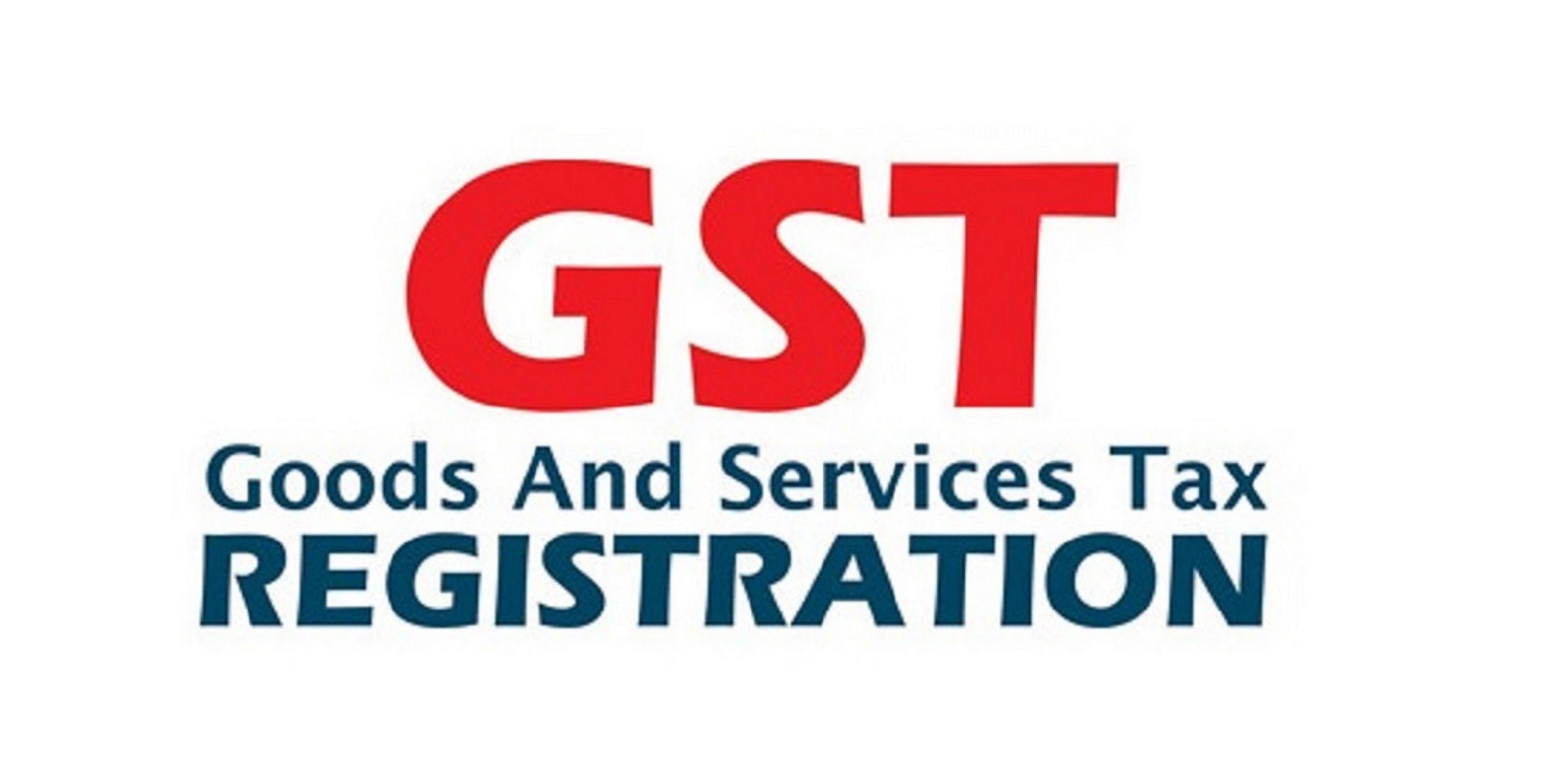From Beginning To End: The Ultimate Roadmap to GST Enrollment for Organizations Seeking Financial Security
Browsing the complexities of Item and Solutions Tax Obligation (GST) registration is a crucial action for companies pursuing financial stability. From recognizing the basic concepts of GST to abiding by post-registration standards, the procedure can seem discouraging in the beginning look. Breaking down the roadmap into workable actions can simplify the registration journey for services looking to boost their financial standing. Let's discover the essential parts that comprise this supreme roadmap and find exactly how each phase adds to laying a strong structure for economic success.
Comprehending GST Basics
Exploring the fundamental principles of Item and Provider Tax Obligation (GST) is essential for getting a comprehensive understanding of its ramifications on businesses and the economic climate. GST is a value-added tax levied on most goods and solutions for residential usage. It has changed multiple indirect tax obligations that existed in the pre-GST age, enhancing the tax structure and enhancing convenience of doing organization in India. Under the GST system, both items and solutions are taxed at a particular rate, which is determined based on their category. If their annual turnover exceeds the threshold limit established by the government, companies are called for to sign up for GST. Input Tax Credit Score (ITC) is a considerable function of GST, permitting services to claim credit for tax obligations paid on inputs, lowering the overall tax worry. Recognizing the basics of GST is vital for services to adhere to tax obligation policies, handle their finances effectively, and add to the nation's economic development by taking part in a clear tax system.
Eligibility Requirements for Registration
To register for GST, businesses need to fulfill certain qualification standards established by the government. The primary eligibility demand is that any kind of organization associated with the supply of products or services with an annual accumulation turnover above the threshold restriction established by the authorities must register for GST. Since the present laws, the threshold limit for GST enrollment is an annual aggregate turn over of 40 lakhs for organizations operating within a state, except for special category states where the restriction is 20 lakhs. In addition, specific services are called for to sign up for GST irrespective of their turn over, such as interstate providers, informal taxed persons, and businesses accountable to pay tax under the reverse charge system. It is essential for businesses to extensively examine their turnover and deal kinds to determine their GST enrollment commitments accurately. Failure to sign up for GST when eligible can result in fines and legal repercussions, making it vital for businesses to comply with the specified eligibility standards.
Files Needed for Enrollment
Having actually fulfilled the eligibility criteria for GST registration, organizations should currently ensure they more have the requisite files in position to continue with the registration process effectively. The records needed for GST registration commonly include proof of company constitution, such as collaboration act, registration certificate, or unification certification for different types of companies. Furthermore, services require to offer files establishing the primary area of service, such as read this article a rental agreement or electricity costs. PAN card of the service, in addition to the identification and address proof of promoters/partners/directors, are necessary for verification purposes. Checking account declarations, in addition to terminated cheques or a copy of the financial institution passbook, are needed to validate the economic information given throughout enrollment. In addition, businesses must have digital trademarks all set for the accredited notary. Making certain all these records are arranged and easily available will expedite the GST enrollment process, making it possible for businesses to conform with tax obligation policies flawlessly.
Step-by-Step Enrollment Process
Starting the GST registration process includes a series of structured actions to ensure a compliant and smooth registration for services. The initial step is to check out the GST portal and fill in the enrollment form with accurate details of business entity. Following this, the candidate receives a Momentary Referral Number (TRN) which is used to return to the application procedure if index it's not finished in one go.
Following, all called for records as per the checklist offered by the GST portal demand to be submitted. These documents normally consist of evidence of organization address, registration and identity evidence of promoters, monetary statements, and service entity's PAN card.

Post-Registration Compliance Guidelines

Final Thought
To conclude, services looking for economic security should comprehend the basics of GST, fulfill qualification standards, collect required documents, adhere to the step-by-step enrollment procedure, and follow post-registration guidelines - Best GST registration services in Singapore. By sticking to these steps, companies can make sure conformity with tax policies and preserve financial security over time
Additionally, specific companies are required to sign up for GST irrespective of their turn over, such as interstate vendors, casual taxed persons, and businesses accountable to pay tax under the reverse cost device.Having actually met the qualification criteria for GST registration, services have to currently ensure they have the requisite records in location to continue with the registration procedure effectively. The papers required for GST enrollment typically include evidence of service constitution, such as partnership action, enrollment certificate, or incorporation certificate for different types of businesses. Furthermore, organizations require to supply records establishing the primary place of business, such as a rental contract or electrical energy bill.Beginning the GST enrollment process includes a collection of organized steps to make certain a certified and smooth enrollment for businesses.